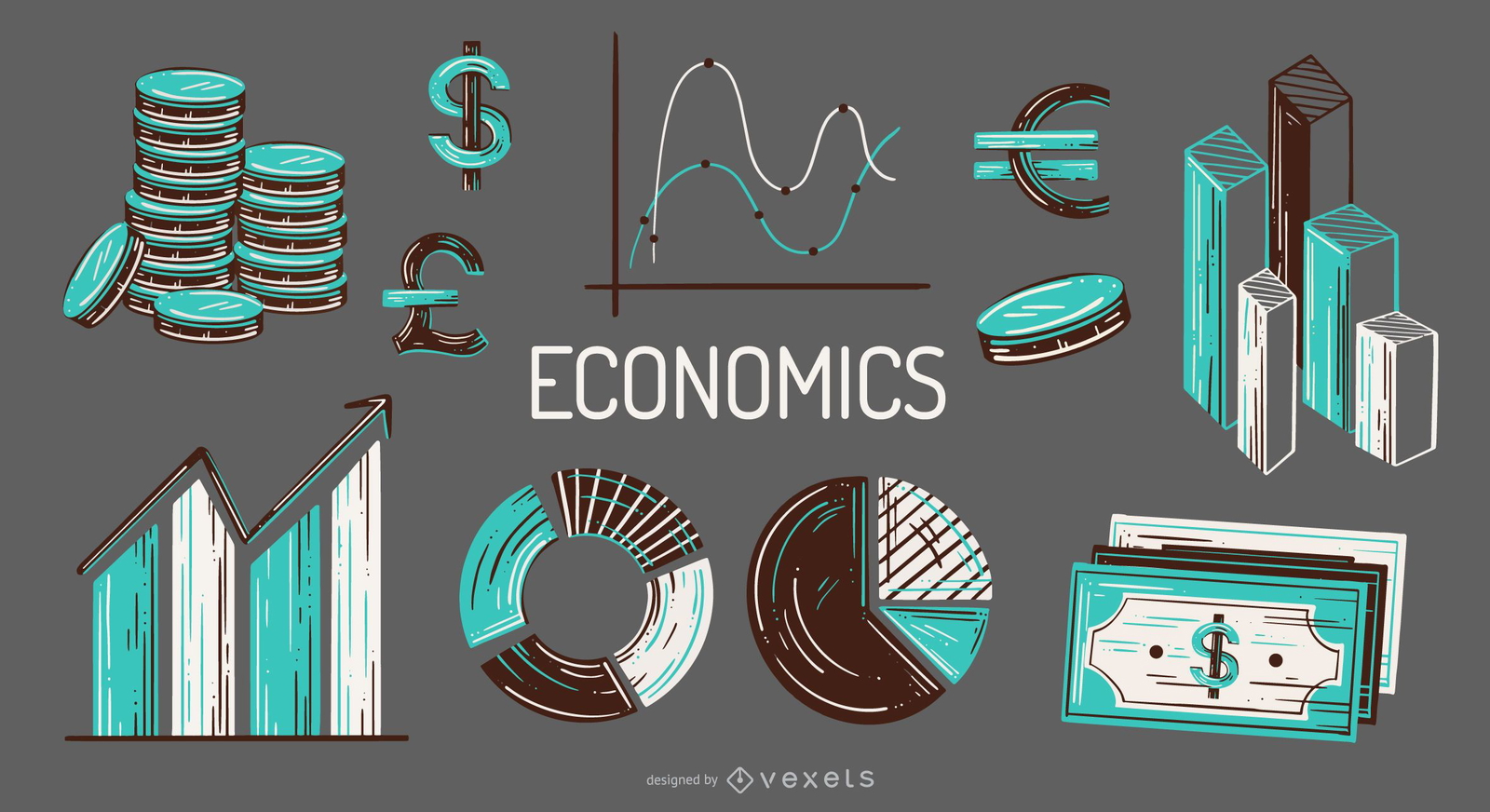The intersection of economics and technology has become a focal point for many contemporary societies. This confluence is characterized by rapid advancements that not only redefine production paradigms but also reshape the very fabric of social institutions. In exploring the Baha’i teachings on economics and technology, one finds a rich tapestry woven with principles that advocate for justice, equity, and the upliftment of humanity as a whole.
At the heart of Baha’i economic principles lies the concept of the oneness of humanity. This worldview posits that all individuals are interconnected, transcending arbitrary distinctions such as nationality, race, and economic status. The acknowledgment of such interconnectedness has profound implications for how economic systems should be structured. Baha’i teachings emphasize that economic conditions should enhance the welfare of society, a principle that inherently criticizes exploitative practices that prioritize profit over people.
Furthermore, the Baha’i Faith advocates for an equitable distribution of wealth. Abdu’l-Baha, one of the central figures of Baha’i teachings, elucidated that the concentration of wealth leads to societal friction and discord. Such disparities create an environment where the underprivileged are marginalized, depriving them of opportunities essential for personal and spiritual development. Consequently, the Baha’i discourse encourages societal frameworks that integrate ethical considerations into economic practices, promoting fair wages, accessible resources, and opportunities for all, regardless of their socioeconomic background.
As technology continues to advance, the Baha’i teachings provide pertinent insights regarding its application in economic spheres. The relationship between technology and economics is intricate; technology serves as both a catalyst for economic growth and a potential source of dislocation in traditional labor markets. For instance, the automation of jobs raises questions about employment sustainability. The Baha’i perspective suggests that advancements in technology should not only aim to enhance productivity but also to foster an environment where every individual can find dignified roles that fulfill their potential. This necessitates a proactive approach to education and vocational training, enabling individuals to adapt to the rapidly changing technological landscape.
Moreover, the Baha’i perspective emphasizes the role of ethical principles in guiding technological innovation. The ethical application of technology is paramount to ensure it serves the collective good rather than exacerbating existing inequalities. The teachings encourage a paradigm shift towards utilizing technology for social betterment, supporting endeavors that prioritize sustainability and humanitarian assistance. In this regard, technology becomes a tool for empowerment rather than a means of alienation.
In examining the dynamics of globalization, one observes how technology has dismantled geographical barriers, thereby giving rise to a more interconnected world economy. While globalization presents numerous opportunities for collaboration and development, it also raises concerns regarding cultural erosion and economic imperialism. The Baha’i teachings advocate for a balanced approach, one that honors the uniqueness of diverse cultures while fostering a unified global society. Economic structures must be flexible enough to accommodate local customs and values, ensuring that globalization does not lead to the homogenization of cultures.
The Baha’i Faith also highlights the significance of consultation as a mechanism for economic decision-making. In this context, consultation isn’t merely a procedural formality; rather, it embodies a commitment to collective wisdom. By engaging different stakeholders in dialogue, economic systems can be designed with input from diverse perspectives, ultimately leading to more equitable outcomes. This consultative nature of economic engagement reflects the Baha’i ideal of collaborative progress, where the insights of many contribute to the betterment of the whole.
Additionally, Baha’i teachings prompt a reevaluation of materialism in the context of economic practices. Contemporary economies often glorify consumerism, leading individuals to equate success with material accumulation. The Baha’i perspective teaches that true success is measured by the degree to which an individual contributes to the welfare of society and adheres to ethical principles. This redefined notion of success encourages a shift towards sustainable consumption patterns and responsible stewardship of resources.
As societies grapple with the challenges posed by technological disruption and economic inequality, the Baha’i teachings provide a guiding light. They prompt reflection on the fundamental purpose of economic activity: to enhance human welfare and promote social justice. Through the lens of Baha’i principles, the goal of economics transcends mere wealth generation; it seeks to foster human development, ensuring that economic systems are oriented towards the benefit of all, rather than the privilege of a few.
In conclusion, the Baha’i teachings on economics and technology advocate for a holistic approach that integrates ethical considerations, collaborative decision-making, and a commitment to social justice. In a world increasingly defined by rapid technological advancements and economic disparities, these teachings remind us of the imperative to create systems that uplift humanity as a whole. By intertwining principles of equity, interconnectedness, and ethical accountability, the Baha’i Faith offers a profound framework for navigating the complexities of the modern economic landscape.
